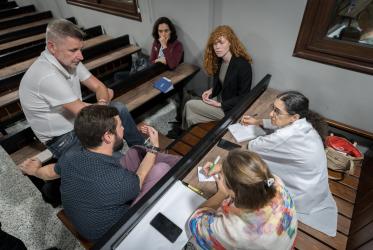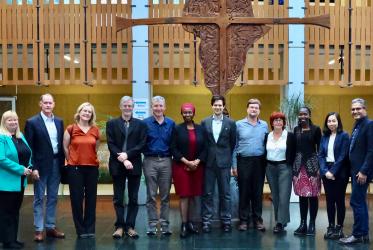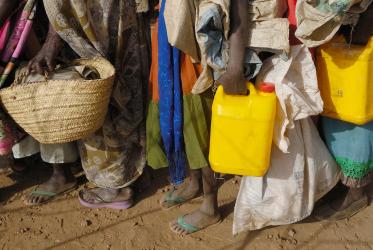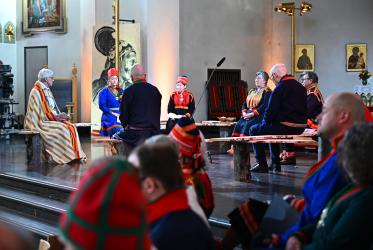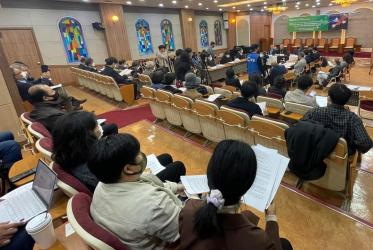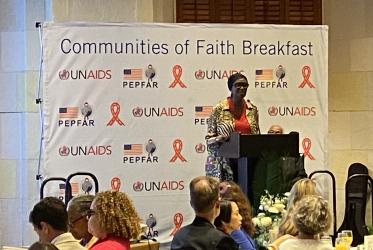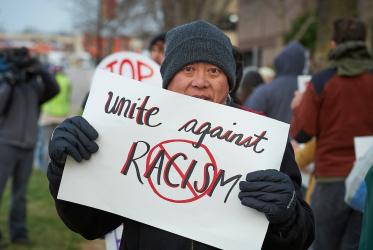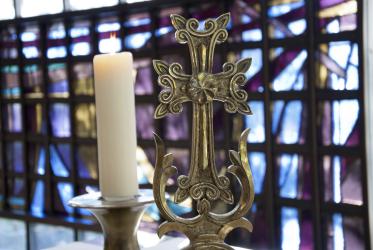Displaying 121 - 140 of 828
Church of Sweden apologizes to Sámi people, this time in Sápmi
27 October 2022
2022 Social Forum: Water for human rights and sustainable development
03 - 04 November 2022
Palais des Nations in Geneva, Switzerland
The earth is the LORD's… and the Lord is claiming it back
07 September 2022
Promotion de la dignité humaine par l’art
07 September 2022
Promoting human dignity through art
06 September 2022
